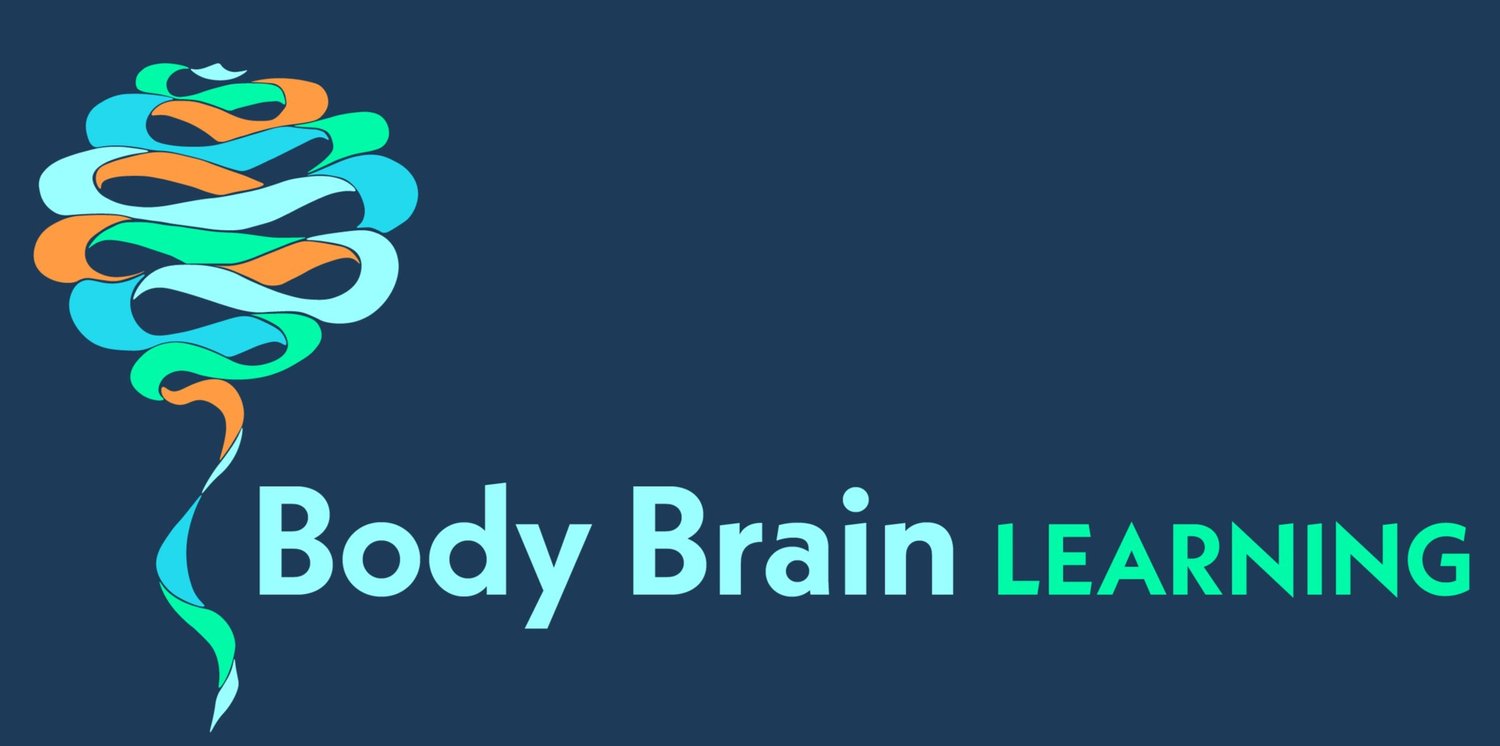Common Symptoms of Learning Difficulties & How We Assess if Vision is a Factor
Reading Symptoms
Loses place while reading
Skips lines and/or words
Moves head to read
Gets headaches when reading
Writing Symptoms
Body is tense while writing
Poor spacing, size and form
Poorly organized
Problems note taking
Frequent erasing/correcting
Behavioural Symptoms
Overactivity
Easily frustrated
Anxious/ nervous
Short attention span
Avoidance behaviours
How We Help with Reading by Improving 5 Vision Skills
We help learners improve vision skills & motor coordination with targeted skill training.
In addition, the parent(s) and student receive customized supportive tutoring guidance to facilitate reading & learning improvement QUICKLY.
All the vision skills we assess and develop (see below) interact with one another.
Weak vision skills often result in detrimental outcomes such as the person experiencing a great deal of physiological stress and unnecessary barriers to learning.
The anxiety experienced by individuals who are missing the necessary vision skills, may cause avoidant and disruptive behaviours.
More About the 5 Vision Skills we Assess
-

Tracking & Saccades-Eye Movement Skills
These important eye muscle movements are the ability of the eyes to move and track together in a coordinated fashion. The eyes need to be able to follow the target, whether it’s with long smooth movements or short, precise movements. If the eyes are not tracking together then a person will frequently lose their place on the page, when reading, and will find hand-eye coordination difficult.
-

Lens Accommodation-Eye Focusing Skills
When we look at something far away our eye muscles relax and move the eyes slightly apart. When we look at something near to us the eye muscles constrict and move our eyes slightly inward. Efficient and coordinated muscle movements involves the tightening and loosening of the sphincter muscles around the crystalline lenses. This allows the person to look near and far quite quickly. When they do not then it will be difficult to copy down work from a whiteboard, across the room, focusing can be impaired, and visual work can be very tiring.
-

Convergence & Divergence -Eye Teaming Skills
This is the ability for the eyes to work together in a coordinated way to produce a clear, single image. When the eyes are not teaming well then you might notice blurring/doubling of vision, difficulty in handwriting and spacing of words, decreased reading, and tiredness when reading or writing.
-

Eye Alignment-Depth Perception
This is a more severe version of the eyes not working together as a team. This will impact depth perception and ability to focus. If you’ve been to the optometrist you might have heard terms such as amblyopia (lazy eye) and esophoria, in this case.
-

Part of our Support Steps
If vision issues emerge as we conduct our educational consultation, it will be recommended to visit your local developmental optometrist. We will combine their findings and assessments into our design of the most effective customized program.




